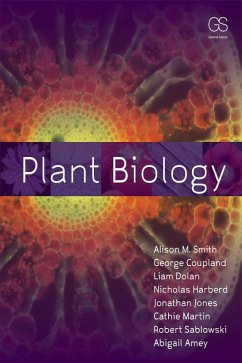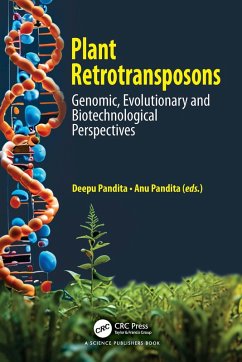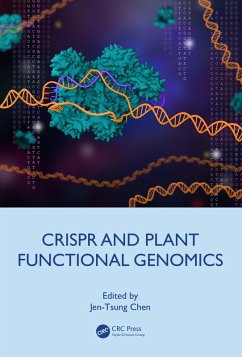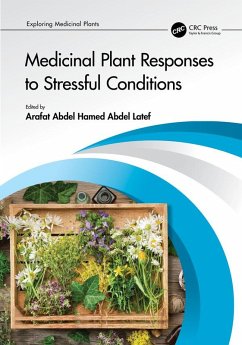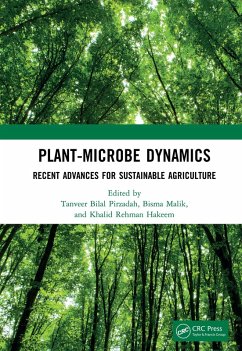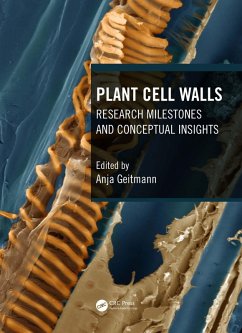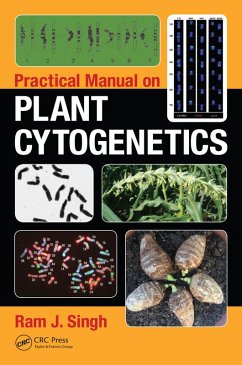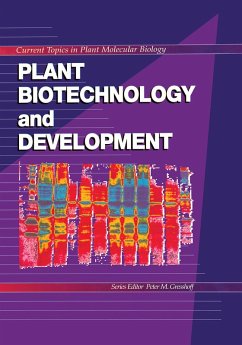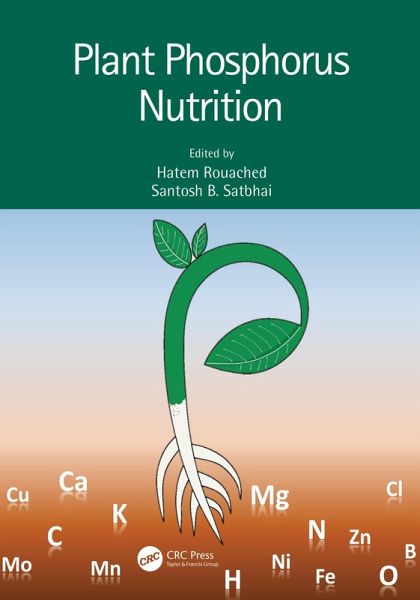
Plant Phosphorus Nutrition (eBook, ePUB)
Versandkostenfrei!
Sofort per Download lieferbar
52,95 €
inkl. MwSt.
Weitere Ausgaben:

PAYBACK Punkte
26 °P sammeln!
This book is an up-to-date reference on phosphorus nutrition in plants. Phosphorus has no substitute in food production, and the use of phosphate (Pi) fertilisers has increased crop yields to feed billions of people. This book covers phosphorus metabolism and phosphorus sensing molecular mechanisms and signalling in plants. It covers functions of phosphorus and crosstalk with other nutrients. It discusses how plants sense Pi deficiency and coordinate the responses via signalling pathways and networks for the regulation of Pi-deficiency responses.FEATURES Discusses the latest developments in ph...
This book is an up-to-date reference on phosphorus nutrition in plants. Phosphorus has no substitute in food production, and the use of phosphate (Pi) fertilisers has increased crop yields to feed billions of people. This book covers phosphorus metabolism and phosphorus sensing molecular mechanisms and signalling in plants. It covers functions of phosphorus and crosstalk with other nutrients. It discusses how plants sense Pi deficiency and coordinate the responses via signalling pathways and networks for the regulation of Pi-deficiency responses.
FEATURES
This book compiles the latest research from experts in the field. It is useful for advanced graduates and researchers in plant sciences and agriculture.
FEATURES
- Discusses the latest developments in phosphate management in plants
- Provides insights on emerging topics for sustainable approaches to managing phosphate shortage
- Throws light on the resilience of plants to phosphate deficiency
- Provides extensive updates that serve as primary points for further research
- Explains molecular and physiological mechanisms of phosphate transport
This book compiles the latest research from experts in the field. It is useful for advanced graduates and researchers in plant sciences and agriculture.
Dieser Download kann aus rechtlichen Gründen nur mit Rechnungsadresse in A, B, BG, CY, CZ, D, DK, EW, E, FIN, F, GR, HR, H, IRL, I, LT, L, LR, M, NL, PL, P, R, S, SLO, SK ausgeliefert werden.




